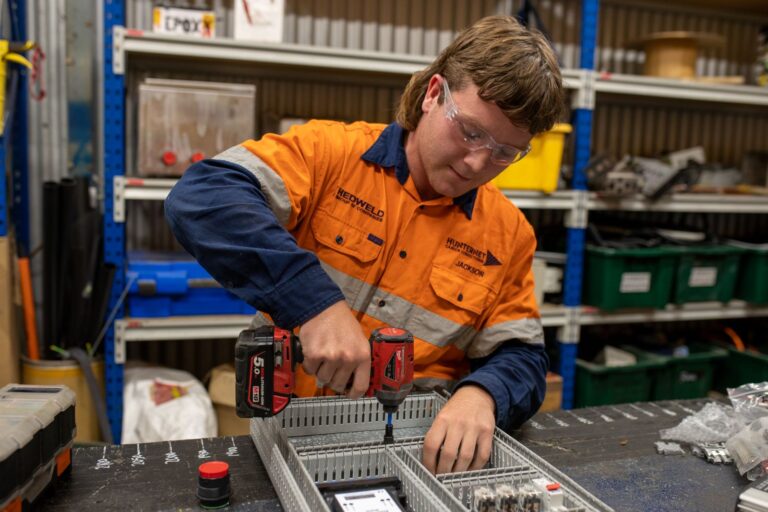Grants can be a good boost to your company’s bottom line via rebates. However, it is best to remember that governments set up grants as a sum of money too help its funding body deliver programs on the ground. This includes a whole suite of economic benefits to help grow jobs, research and development for new products and services as well as marketing goods overseas.
Eligibility and merit-based are two categories for grants. With an eligibility grant,it is a done deal as long as you met the set criteria. In contrast, a merit-based grant is competitive as all the applicants are competing for the same pool of money. So, basically you need to be better than the other applicants to receive this type of grant.
This article focuses on eligibility grants that are available through the federal and state governments. The federal government distributes the Research and Development Tax Incentive and the Export Market Development Grant while the NSW government has the Payroll Tax Rebate and Small Business Grant.
The most common grants are the federal ones. Both of these programs have been around for decades in various forms; they have survived multiple changes and governments.
About 17,000 businesses a year take part in the R&D tax incentive. It is intended to assist businesses that are going through a process to discover or develop new knowledge or product. Even businesses that spend money on a new process or making new knowledge with no idea of the end result can be eligible for the grant.
This program covers a broad range of industries from boutique businesses through to heavy engineering and manufacturing and every sector in between.
It refunds your R&D spends to offset any tax liabilities. Until April 30 this year, the offset was 45 percent; the new rate is 43.5 per cent. If you are in loss, you receive a cash refund.
To be eligible for this incentive, your business must be an Australian tax paying company and have spent more than $20,000 on R&D in a financial year. The incentive can be claimed every financial year. For large companies with a $20-plus million turnover, the offset is a lesser rate and is non-refundable.
Last financial year, more that $131.45million was distributed to 3,059 exporters through the Export Market Development Grant. The average grant was $42,607.
With this program, the business needs to spend the money first to receive the benefit of 50 per cent cash refund.There are eight categories that can be claimed – flights, marketing to target overseas markets, a marketing consultant to target overseas markets, expos and trade shows, overseas representatives, free samples to overseas markets, brochure and advertising material as well as intellectual property protection.
To be eligible, the business must have spent more than $15,000 on targeting the overseas market, two years together can be claimed on the first application and the grant can be applied for seven times.
The two NSW government programs – the Payroll Tax Rebate and Small Business Grant – are both employment incentives for businesses, delivered by the Office of State Revenue, to a give bottom line benefit to companies.
The payroll rebate is part of the NSW Jobs Action Plan and provides eligible NSW payroll taxpaying businesses with a rebate when new workers are employed in new eligible employment.
The rebate is $6,000 over two years with $2000 on the employee’s first anniversary then $4,000 on the second anniversary. This is for every new employee engaged up to a threshold of 50.
The rebate applies to new positions filled on or after 1 July 2015 and continues until 30 June 2019.
To be eligible, the business must have an active ABN, no more than 50 employees and the positions must be wholly in NSW, though they can be full-time equivalent, part time or casual. The business must also register for the rebate within 90 days of the employees start date.
For smaller businesses that do not pay payroll tax, there is the small business grant. It delivers a one-off payment of up to $2,000 for each new employee. It is payable after the new employee’s first anniversary.
Eligibility for the grant is the same criteria as the payroll tax rebate, except the business must not be paying payroll tax.





